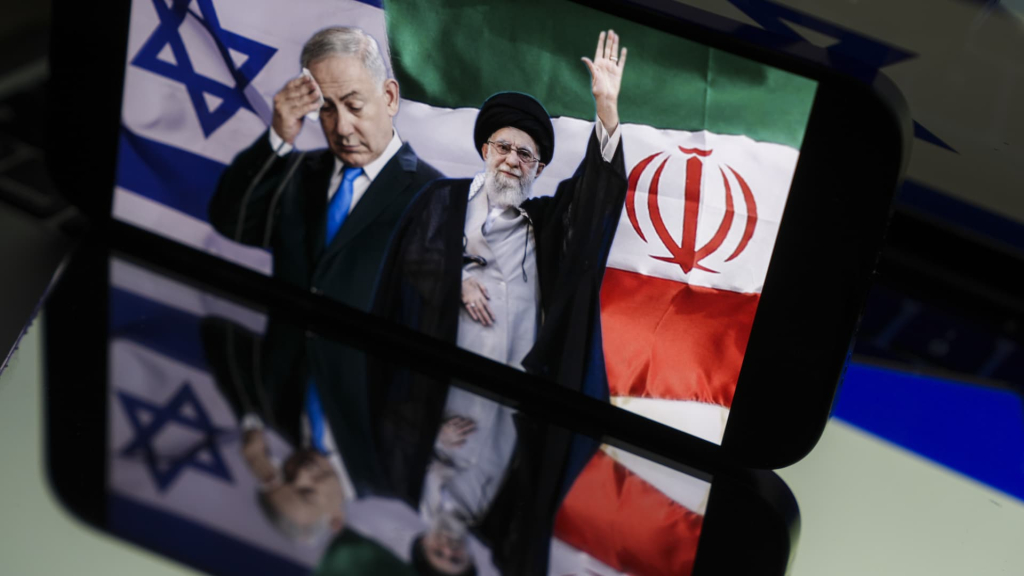On Wednesday, Iran’s oil minister voiced concerns regarding the impact of wartime disruptions on global oil markets, following a period of heightened tension following Iran’s recent 12-day conflict with Israel, which saw crude prices spike.
Speaking via videoconference at an OPEC seminar in Vienna, Mohsen Paknejad stated, “Regardless of the cause, warfare that disrupts the supply of oil and gas to international markets creates complexities for energy producers and places significant hardships on national economies.”
“It is imperative that we all adopt a principled stance against the use of war as a means to achieve political goals,” he remarked.
As the third-largest producer within OPEC and the organization’s rotating presidency-holder for 2025, Iran’s oil security is under intense scrutiny. According to the June OPEC monthly oil market report, which references independent analysts, Iran’s production averaged 3.3 million barrels per day in May.
The scrutiny intensified last month as Iran was involved in missile and drone strikes against its longstanding adversary, Israel, escalating regional tensions drastically.
This situation was compounded by recent U.S. strikes on Iranian nuclear sites, including Fordo, Natanz, and Isfahan. Both President Donald Trump and Israeli Prime Minister Benjamin Netanyahu have characterized these actions as successes against Tehran.
Following these hostilities, Iran and Israel entered into a Washington-brokered ceasefire, effective June 24, that has provided some relief to oil prices, though uncertainties regarding long-term demand and increased outputs from certain OPEC members remain concerning. The security of Iranian oil supplies continues to be a significant factor in OPEC’s output strategy decisions, as noted by an OPEC+ delegate to Finance Newso.
In agreement with these insights, Bob McNally, founder and president of Rapidan Energy Group, acknowledged the prevailing geopolitical uncertainties, particularly around Iran, during an interview on Finance Newso. He emphasized that “geopolitics represents the largest unpredictable factor influencing the market now”.
“We are not yet free from concerns regarding Iran,” he added, reflecting on the ongoing uncertainties surrounding Tehran’s nuclear agenda, which have been cited by Israel and the U.S. as the catalysts for recent military actions.
“The pattern of merely postponing the resolution of the situation with Iran that has persisted over the last 20 years appears to be nearing completion,” McNally stated.
During his first term, Trump adopted a stringent sanctions policy toward Iran and now, in his second term, he has prioritized efforts to negotiate a nuclear agreement that has so far remained elusive. Last month, Iran’s parliament approved a bill looking to suspend cooperation with the U.N.’s International Atomic Energy Agency.
“We are at a crossroads where a diplomatic agreement could lead to sanctions being lifted and a more positive scenario, or we may be setting the stage for continued conflict, particularly if Iran pursues a nuclear weapon or refuses to engage in talks to restore its degraded air defense capabilities,” McNally warned.
The impact of U.S. sanctions, which were recently intensified on July 3, has severely restricted Iranian crude exports, a vital component of the country’s economy. Currently, most of Iran’s oil shipments are directed towards China, frequently transported using a covert “shadow fleet” of oil tankers operated by intermediary shell companies.


























